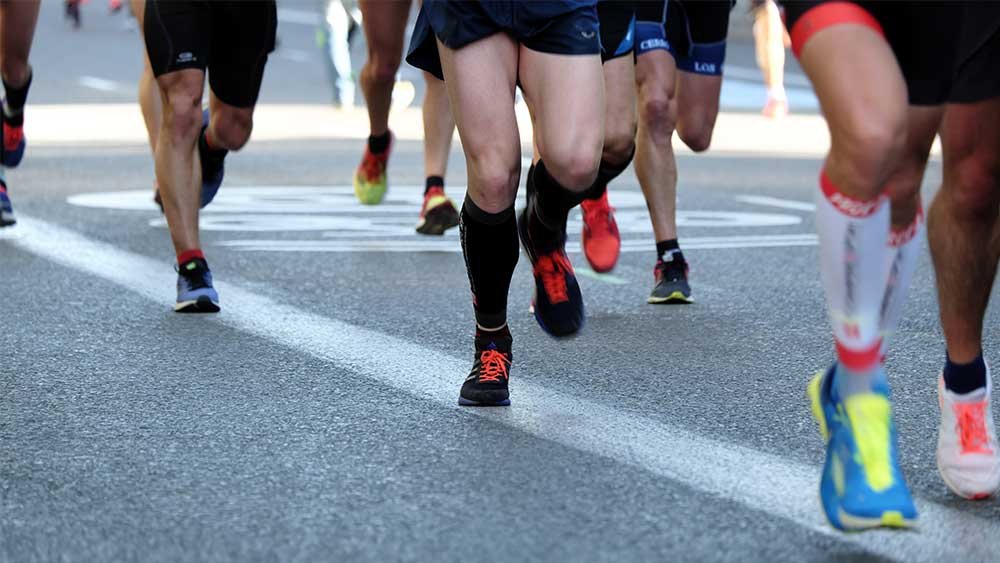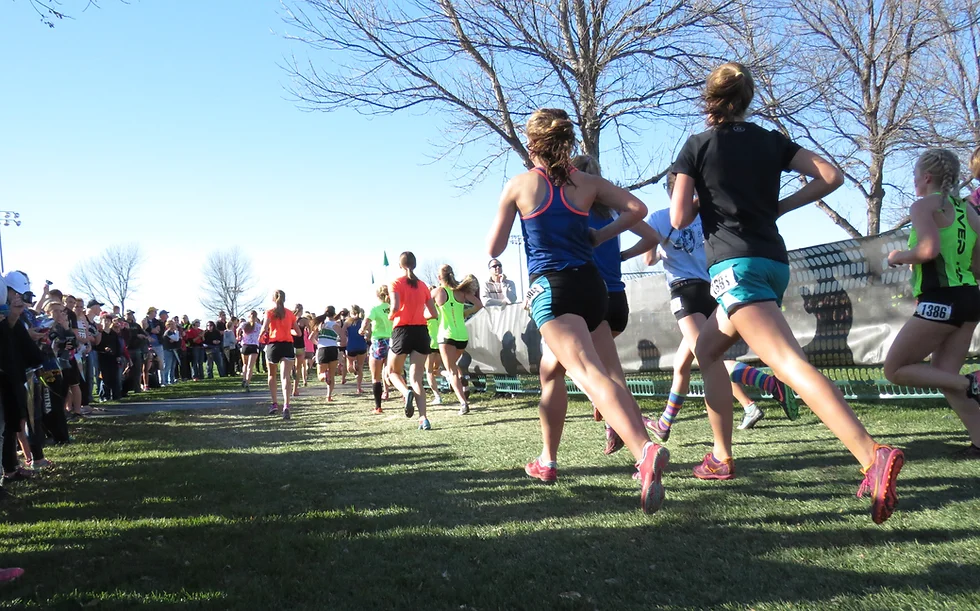Running a marathon is a challenging feat, and doing so in hot weather can make it even more difficult. The heat puts additional strain on your body, affecting your performance and increasing the risk of dehydration, heat exhaustion, and other heat-related issues. However, with proper preparation and smart strategies, you can navigate the challenges of running a marathon in hot weather. Here are some essential tips to help you stay cool, hydrated, and perform your best during a hot-weather marathon.

Hydrate Well Before the Race
Proper hydration is crucial for a hot-weather marathon. Start hydrating days before the race. Aim to drink at least 8-10 cups of water daily in the days leading up to the marathon. This helps ensure that your body is well-prepared to manage the increased fluid loss caused by sweat. On race day, drink water or electrolyte drinks in small sips, not large amounts at once, to avoid bloating or stomach cramps.
Wear Lightweight, Breathable Clothing
Opt for moisture-wicking, lightweight fabrics that allow air circulation and help sweat evaporate. Wearing the right clothes helps regulate your body temperature and prevents chafing. Choose light-colored clothing, as dark colors absorb heat, while light shades reflect it, keeping you cooler. A well-fitted, breathable hat can also provide shade and help keep your head cooler.
Adjust Your Pace and Strategy
In hot weather, it’s essential to be mindful of your pace. Running at your usual marathon pace may be too much for the body to handle in high temperatures. Start slower than usual to avoid overheating and conserve energy. A more gradual pace allows you to adjust to the heat, preventing early burnout. Focus on running by effort rather than pace, and listen to your body’s signals.
Stay Cool with Regular Water Stops
During the race, make use of water stations, but also keep in mind that it’s not just about drinking; it’s about staying cool. Pour water over your head, neck, and chest to cool your body temperature down. Some marathons provide misting stations or cooling sponges, so take advantage of these whenever you can. A good strategy is to take short, quick breaks at these stops to refresh and keep your body temperature from rising too much.
Use Electrolytes and Sports Drinks
While water is essential, in hot weather, you’ll also need to replace the electrolytes lost through sweat. Sodium, potassium, and magnesium help maintain fluid balance and muscle function. Sports drinks can help replenish these electrolytes, preventing cramps and dehydration. Make sure to alternate between water and sports drinks during your race to stay hydrated and balanced.
Listen to Your Body
When running in hot weather, it’s even more important to pay close attention to how your body feels. If you start feeling dizzy, nauseous, or overly fatigued, slow down, hydrate, and find shade if possible. These could be signs of heat exhaustion, which can lead to more serious conditions like heat stroke if ignored. Always prioritize your safety and well-being during extreme conditions.
Prepare with Hot-Weather Training
To acclimatize your body to hot conditions, try to train in the heat before the marathon. Gradually increase the intensity of your runs during the hottest parts of the day to help your body adjust to the stress of running in warmer weather. This will give you a better sense of how your body reacts to the heat and help you develop strategies to stay cool.
Wear Sunscreen and Protect Your Skin
The sun’s rays can be harsh, and running for hours exposes your skin to potential damage. Protect yourself by applying a high SPF sunscreen before the race and reapplying at water stations if possible. Wearing sunglasses and a hat will further shield your face and eyes from the sun.
Refuel After the Race
Once you’ve crossed the finish line, rehydrate immediately and begin refueling with a mix of protein, carbohydrates, and electrolytes to restore your energy and repair muscle tissue. After running in the heat, your recovery is just as important as the race itself. Take your time to cool down properly, and rest to prevent heat-related injuries.
Conclusion
Running a marathon in hot weather presents unique challenges, but with the right approach, you can stay cool, hydrated, and focused on finishing strong. Plan your hydration strategy, pace yourself, wear the right gear, and adjust your race expectations to the heat. Listen to your body, and always prioritize your health. By preparing properly and taking strategic steps during the race, you’ll increase your chances of crossing the finish line safely and successfully, no matter how high the temperatures rise.











